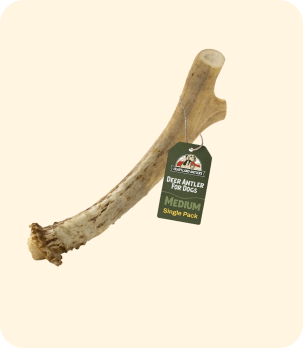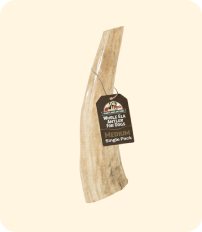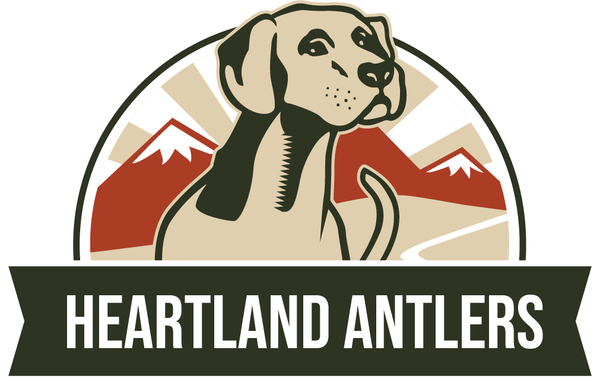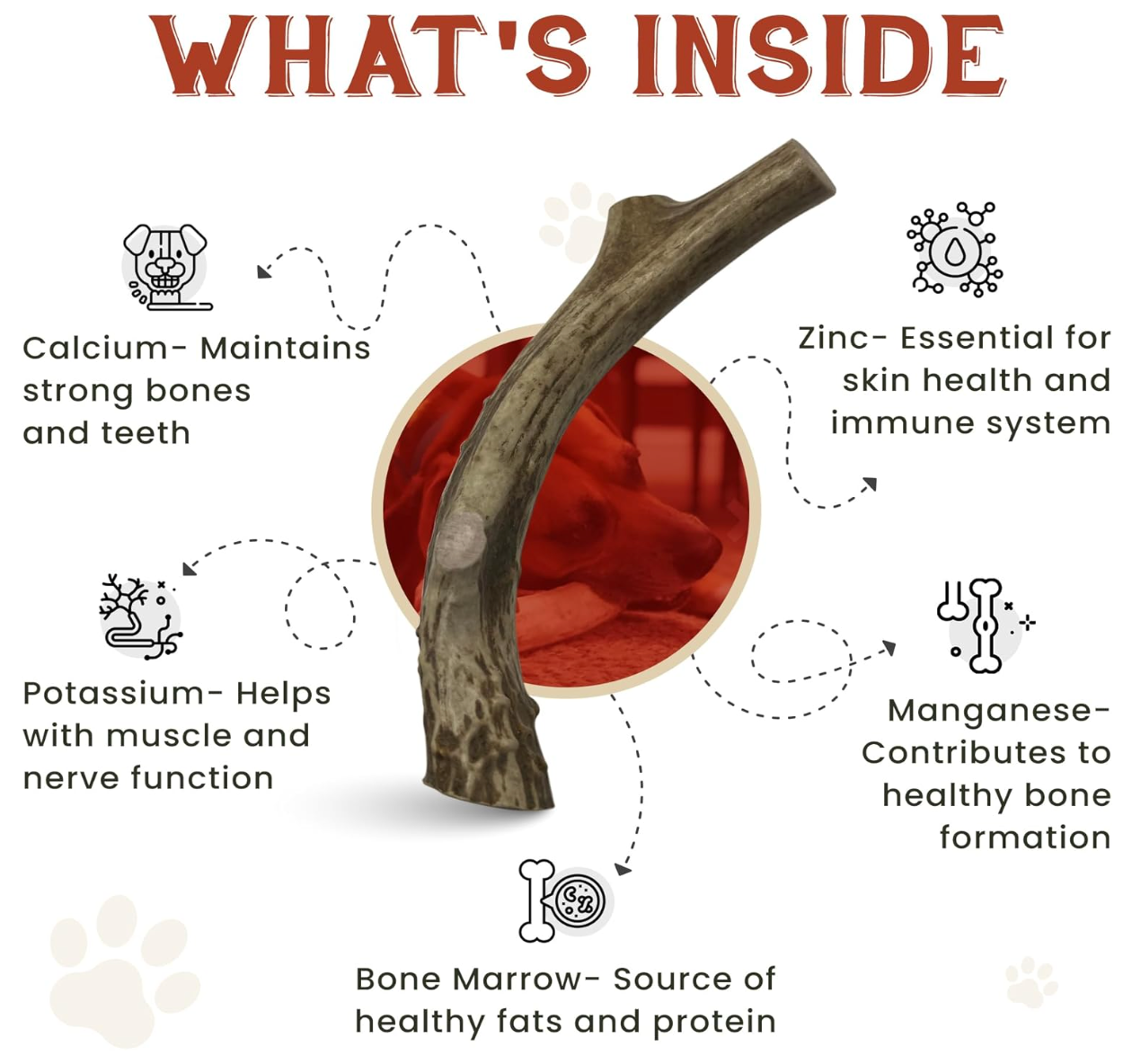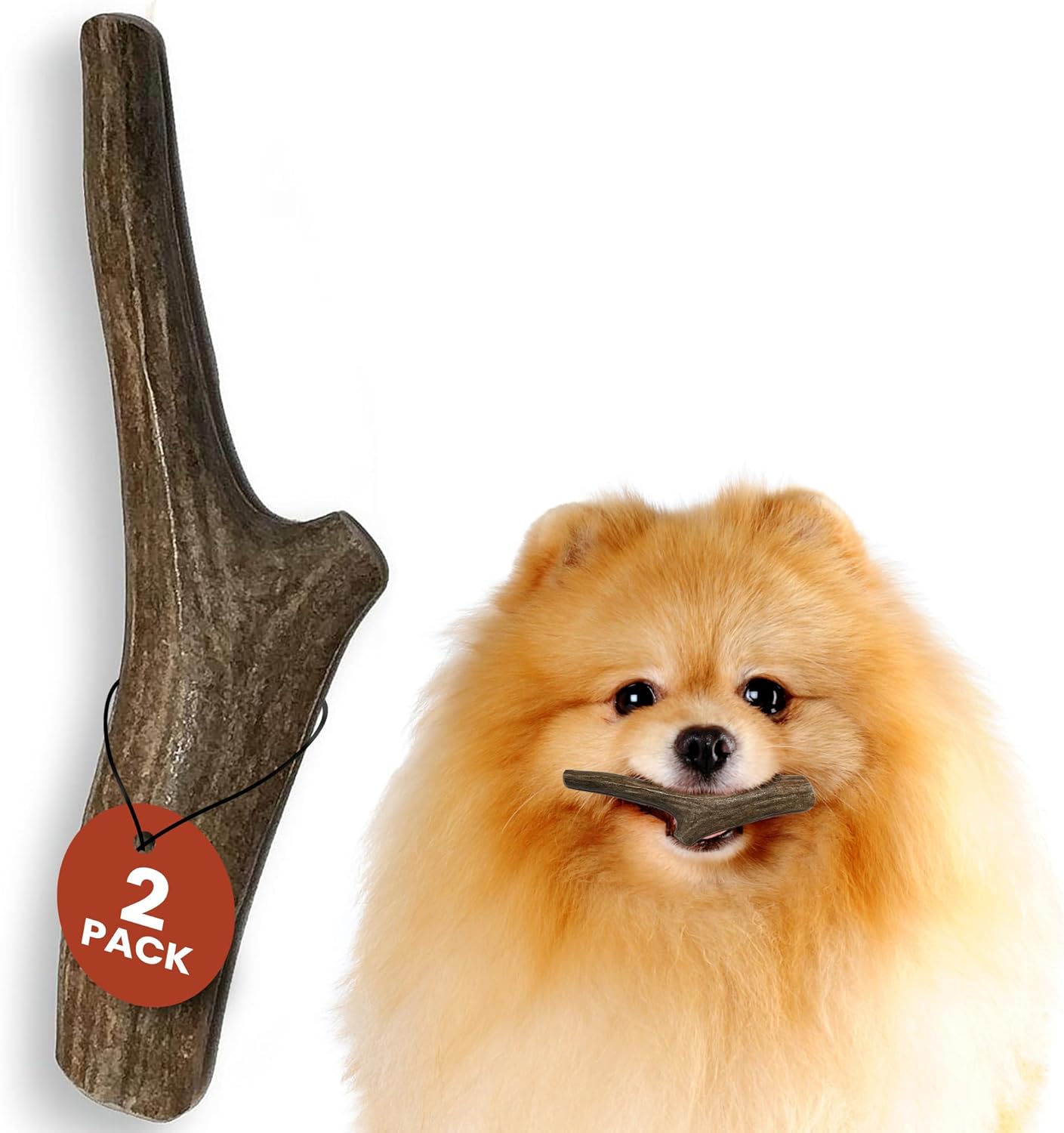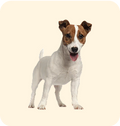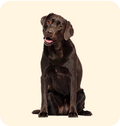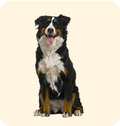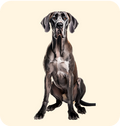Keeping your dog's teeth healthy is a big part of being a good pet parent. While most people think about brushing their dog's teeth, there's another option that's becoming popular: antlers. These natural chews can help keep your dog's teeth clean and strong. Let's look at how antlers can be part of your dog's dental care routine.
Key Benefits of Antlers for Dog Dental Health
- Natural plaque and tartar removal through chewing
- Long-lasting chewing entertainment for dogs
- Source of essential minerals for overall dental health
- Helps satisfy dogs' natural chewing instinct
- Can aid in preventing cavities and gum disease
What Are Antlers and Why Do Dogs Like Them?
Antlers are the bony growths that deer, elk, and moose shed every year. Dogs love to chew on them because they're hard and taste good. Antlers come in different sizes, so you can find the right one for your dog. These natural chews are fun for dogs and good for their health.
Antlers have good stuff for dogs. They have minerals like calcium that can help keep teeth strong. When dogs chew on antlers, it can help scrape off plaque and tartar, which are the yucky stuff that can cause tooth problems. Antlers also have other minerals like phosphorus, zinc, and manganese, which are good for teeth and bones.
How Antlers Help Prevent Cavities
Cavities in dogs are rare. Only about 5% of dogs get them. But we still need to care for our dogs' teeth. Chewing on antlers can help in a few ways:
- Scraping: As dogs chew, the hard antler scrapes their teeth, helping to remove plaque.
- Saliva: Chewing makes dogs produce more spit, which helps wash away food bits and germs.
- Exercise: Chewing makes dogs' jaw muscles stronger, which is good for their mouth health.
- Mineral Release: As dogs chew, small bits of minerals come out, which can help make tooth enamel stronger.
- Stress Relief: Chewing helps dogs relax, which is good for their overall health, including their teeth.
Antlers are a natural way to keep your dog's mouth healthy. They're like a toothbrush and a toy in one!
Choosing the Right Antler for Your Dog
Not all antlers are the same. There are different types:
- Deer antlers: These are usually the hardest and best for big dogs who chew a lot.
- Elk antlers: A bit softer than deer antlers, good for medium to large dogs.
- Split antlers: These are cut in half so the softer inside is exposed, making them easier to chew.
- Moose antlers: These are the largest and often the softest, good for very large dogs.
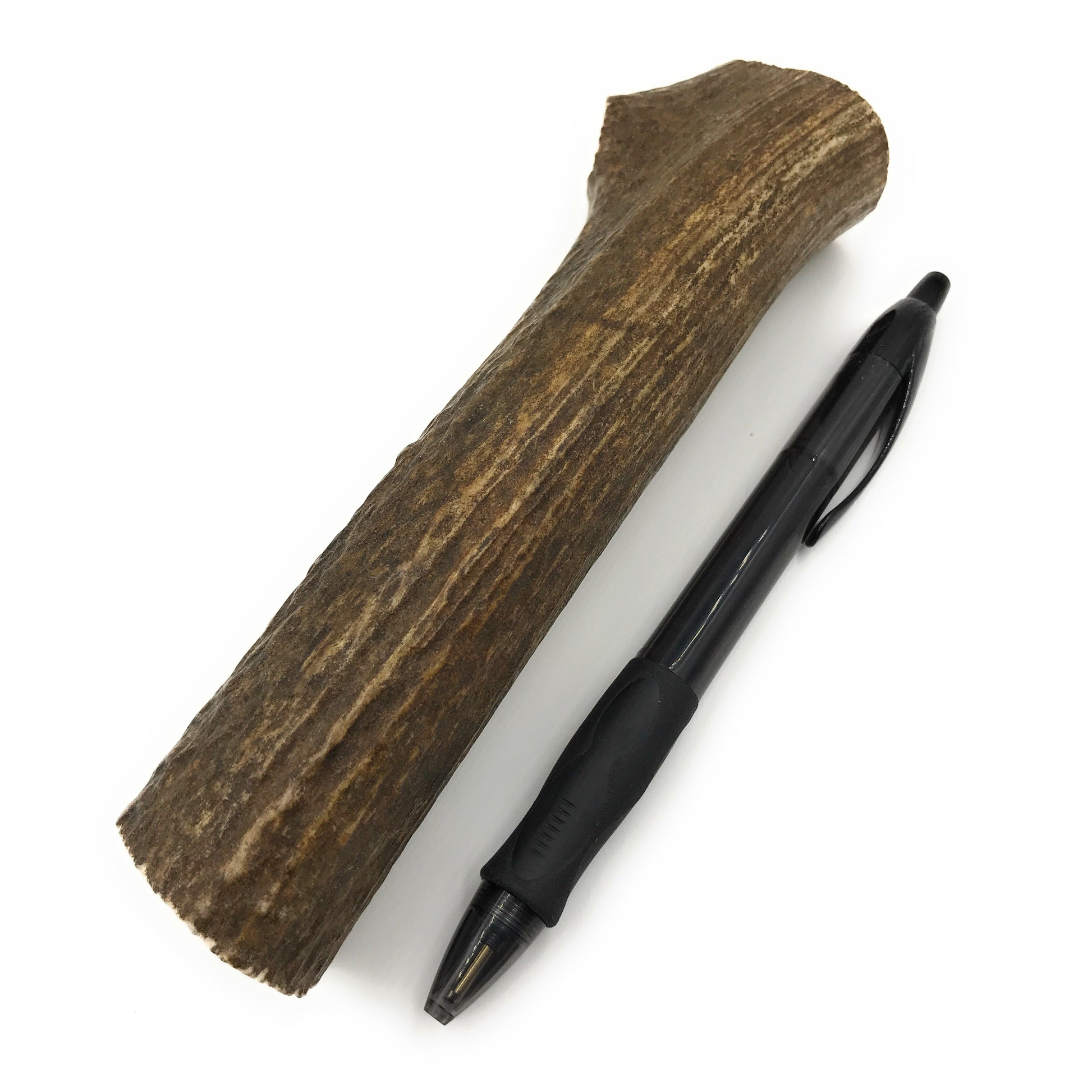
When picking an antler, think about your dog's size and how they chew. You want one that's big enough that they can't swallow it whole, but not so big that it's hard for them to pick up. Think about your dog's age, breed, and chewing habits when choosing an antler.
Safety First: Using Antlers Responsibly
While antlers are great, we need to be careful. Here are some safety tips:
- Always watch your dog when they're chewing an antler.
- Take the antler away if it gets small enough to swallow.
- Check your dog's teeth regularly for any signs of wear or damage.
- If your dog chews very hard, antlers might be too tough for them.
- Start with antlers slowly, especially if your dog isn't used to hard chews.
- Replace the antler when it becomes too small or gets sharp edges.
Remember, antlers are just one part of keeping your dog's teeth healthy. Regular brushing and vet check-ups are still important.
Other Ways to Keep Your Dog's Teeth Healthy
Antlers are great, but they're not the only way to keep your dog's teeth clean. Here are some other things you can try:
- Brushing your dog's teeth daily with dog-safe toothpaste
- Giving them dental chews or toys designed to clean teeth
- Adding special plaque-fighting stuff to their water
- Feeding them food that's good for their teeth
- Using dental wipes or gels for dogs who don't like brushing
- Giving them raw bones under your watch (ask your vet first)

Using a mix of these methods, along with antlers, can help keep your dog's mouth super healthy. Find what works best for your dog and fits into your daily routine.
When to See the Vet
Even with good care at home, sometimes dogs need to see the vet for their teeth. Look out for these signs:
- Bad breath that doesn't go away
- Trouble eating or dropping food
- Rubbing their face a lot
- Red or bleeding gums
- Loose or discolored teeth
- Lots of drooling or changes in drooling
- Visible tartar buildup or brown/yellow teeth
If you see any of these, it's time for a vet visit. They might need a professional cleaning or other treatment. Regular dental check-ups with your vet can help catch and prevent tooth problems early.
Conclusion: Chew on This!
Antlers can be a great addition to your dog's dental care routine. They're natural, last a long time, and most dogs love them. But remember, they're just one part of keeping your dog's teeth healthy. Combine antlers with other good habits like brushing and regular vet check-ups, and you'll be giving your furry friend the best chance at a healthy, cavity-free smile.
Every dog is different, so what works for one might not work for another. Pay attention to how your dog responds to antlers and other chews, and always put their safety first. With a little care and attention, you can help keep your dog's teeth strong and healthy for years to come!
By using antlers and other good practices, you're helping your dog stay healthy from nose to tail. Remember, healthy teeth are important for your dog's overall health and happiness!
